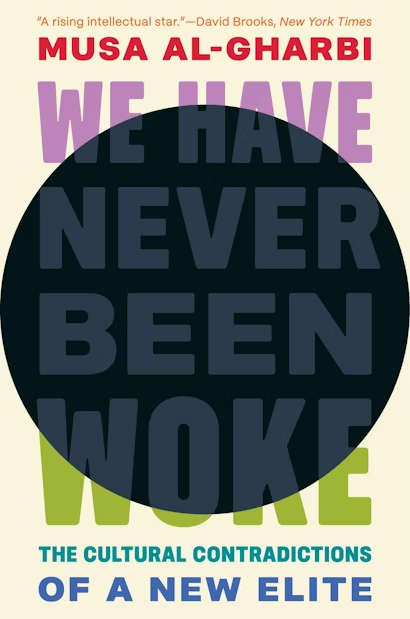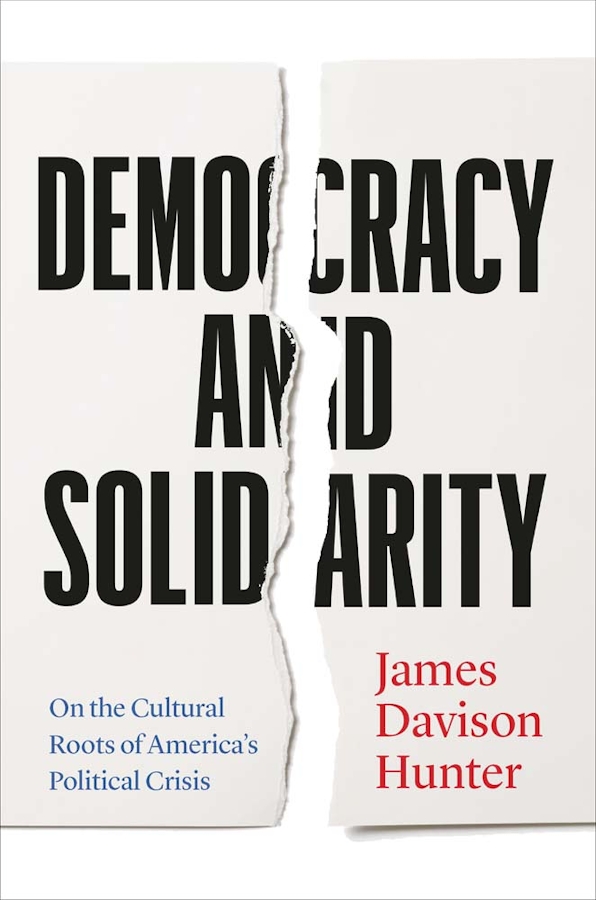Al-Gharbi reminds the reader repeatedly that he shares some of the failings he documents in others. And then there’s the tone of his book. He writes with the frustration of the underrecognized, with the anger of someone who finds that the symbolic professions have (so far) failed him. Here again, the criticism of other symbolic capitalists also applies to him: they are “jockeying to secure the position they feel they ‘deserve.’” Finally, after documenting hypocrisy for 300 pages, he recognizes that one might ask what one should do about it. His reply—that “it is beyond [his] capacity to provide definitive answers”—he must know is unsatisfying.
By way of conclusion, al-Gharbi offers moral admonition: if equality is so important to you, stop trying to accumulate wealth. On his final page, he cites Jesus and a Marxist philosopher because both say that you should judge a person not by what they say they believe but by what they do. Al-Gharbi has himself done something interesting, I believe, in writing this book. It’s a real service for the commentariat, and I am sure that it will change his relative position among symbolic and other capitalists. I am less sure what he expects it to inspire his readers to do about inequality.
In Democracy and Solidarity: On the Cultural Roots of America’s Political Crisis (2024), James Davison Hunter offers another diagnosis of what is wrong with contemporary American culture. Where al-Gharbi is focused on the foibles of educated elites, Hunter looks at the evolution of our country’s deep political culture. Al-Gharbi seems concerned at the close of his book about inequality, though it is unclear that having more symbolic capitalists sharing that concern would make us more equal. Perhaps by turning their attention to more significant problems than symbolic wounds, it would. Hunter, by contrast, thinks that liberal democracy itself may be coming to an end in the United States because its shared political culture has been seriously eroded. He explores that culture by examining the writings of some of the leading intellectuals in the country, from the founding period to the present day. He looks to them, and to those whom al-Gharbi would call symbolic capitalists, to rebuild that culture.
Democratic practices, Hunter argues, can only be sustained when they take place within a framework of solidarity. They can only generate legitimate relations of power and authority if members of the polity agree on some things in common. Without such commonalities, he fears that solidarity will be imposed by authoritarians who promise to restore wealth, power, and greatness.

